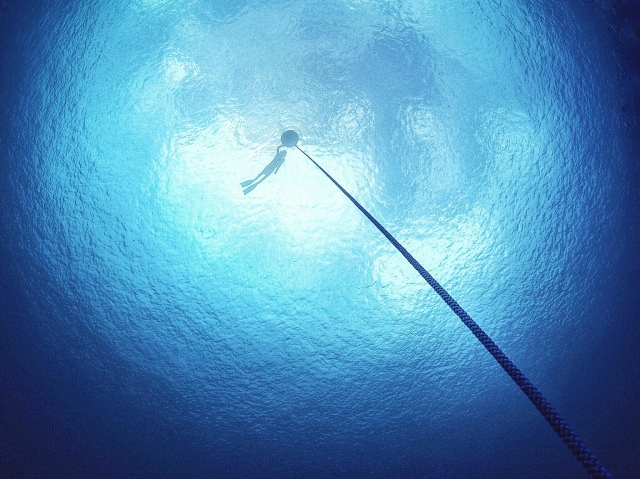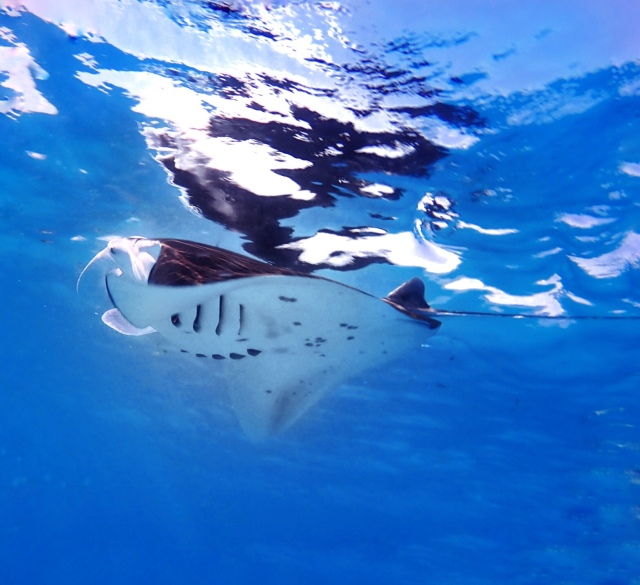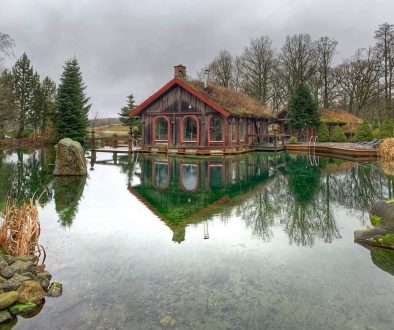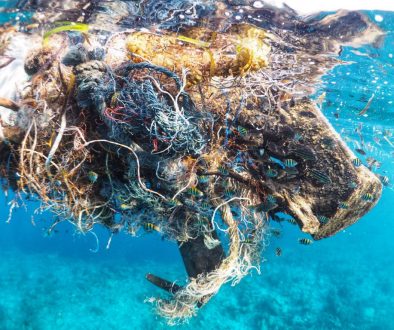What do you want to be good at?
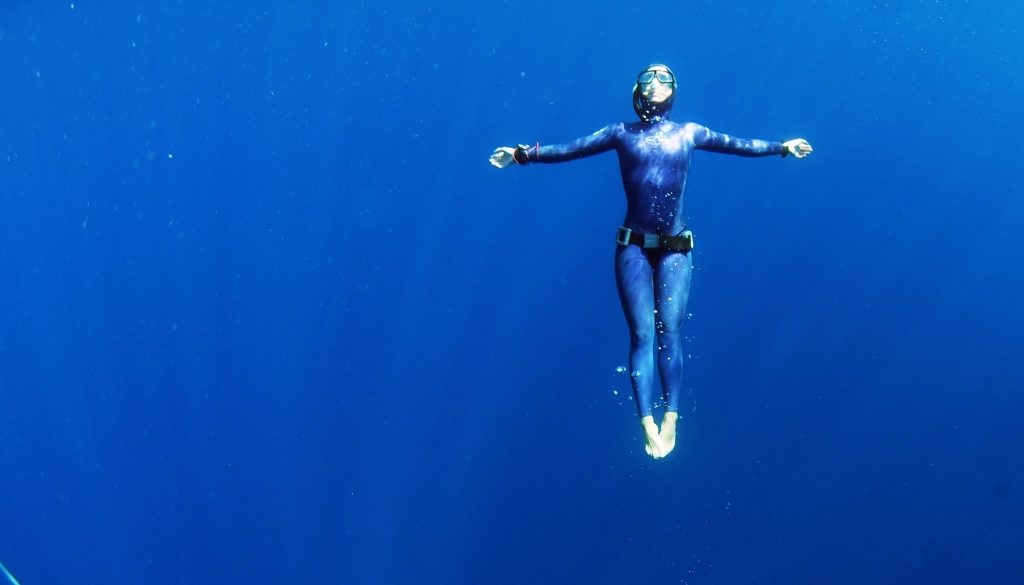
The last days of freediving preparations in the Maldives has been like hugging an old friend. The ocean has given me a warm welcome and my body remembers the drills. Freediving is a very simple yet complex sport. All you have to do is to hold your breath and dive as deep as possible or as deep as you want. It sounds easy but it’s not. Our daily life will affect every part of freediving; how you eat and drink, what you focus as/think about, what you wear, the status of the ocean, if you trust your freediving partner and of course – how you train and what you train.
In preparation to teach a freediving course I like to try new approaches. We’re following a schedule during the courses, but the focus can change a session. Taking in consideration how a ’normal’ life is in Sweden, it’s far from perfect for freediving. Most people practise being stressed in their daily life. Freediving is the opposite. The more calm you are, the better you’ll dive. We don’t often think about how all our daily habits shape our lives. It’s a simple principle of training: The more we do something the better we get at it. For instance, if you spend a lot of time trying to multitask, your focus will be shattered. If you complain a lot, you’ll get good at complaining. If you watch a lot of tv series, you’ll get good at escaping from your life. If you spend time with negative people, you’ll get good at focusing on the negative. What do you want to be good at? What kind of person do you want to be? How do you want to practise?
As the students arrive they’ll be tired from a long flight. We’ll take the opportunity to spend the first day practising relaxation. The more relaxed you are, the more oxygen you save and you’ll be able to stay longer underneath the surface. If the body is relaxed, the mind will usually follow 🙂 Of course, we’ll not only freedive deep, but use the skills to spend time with fish and animals.
